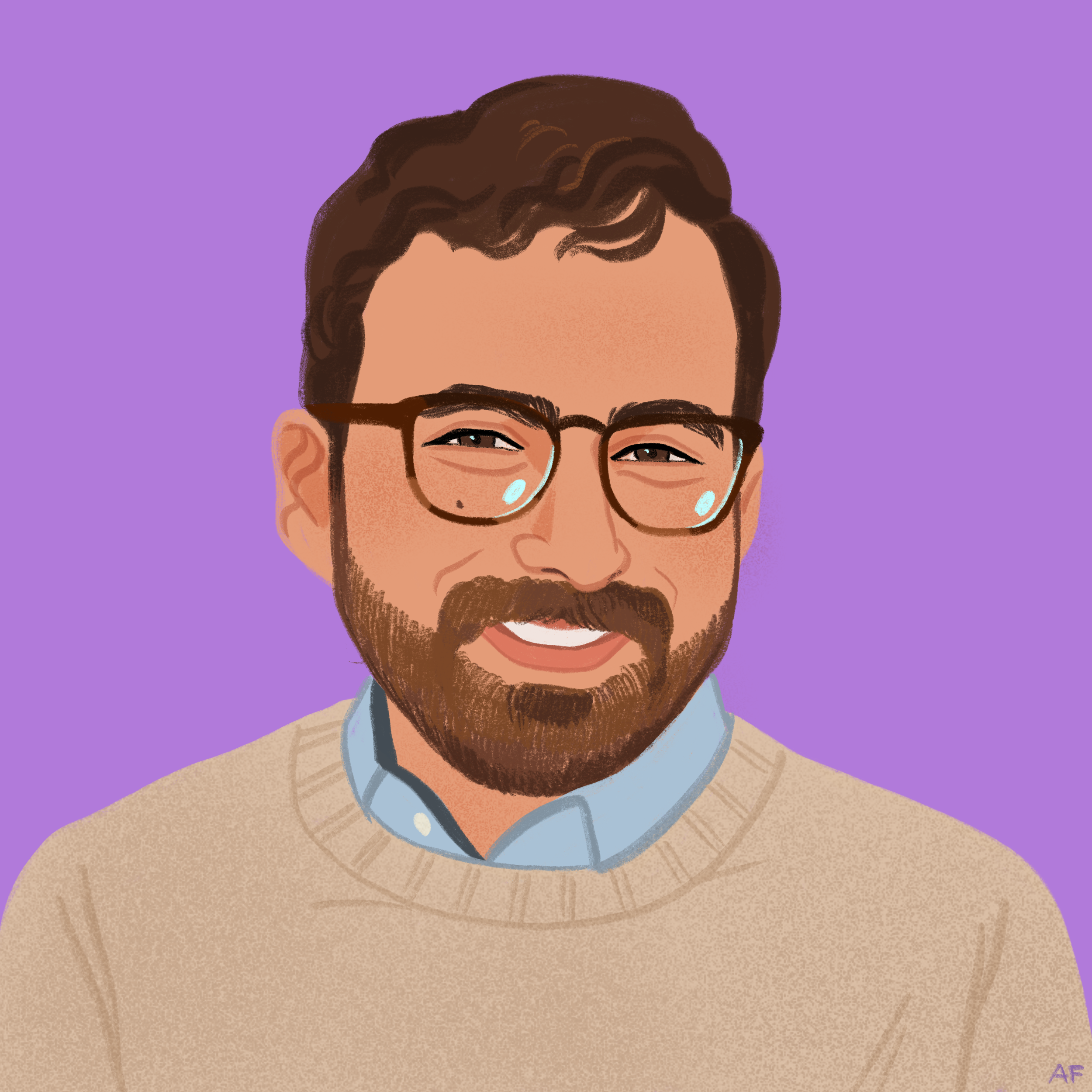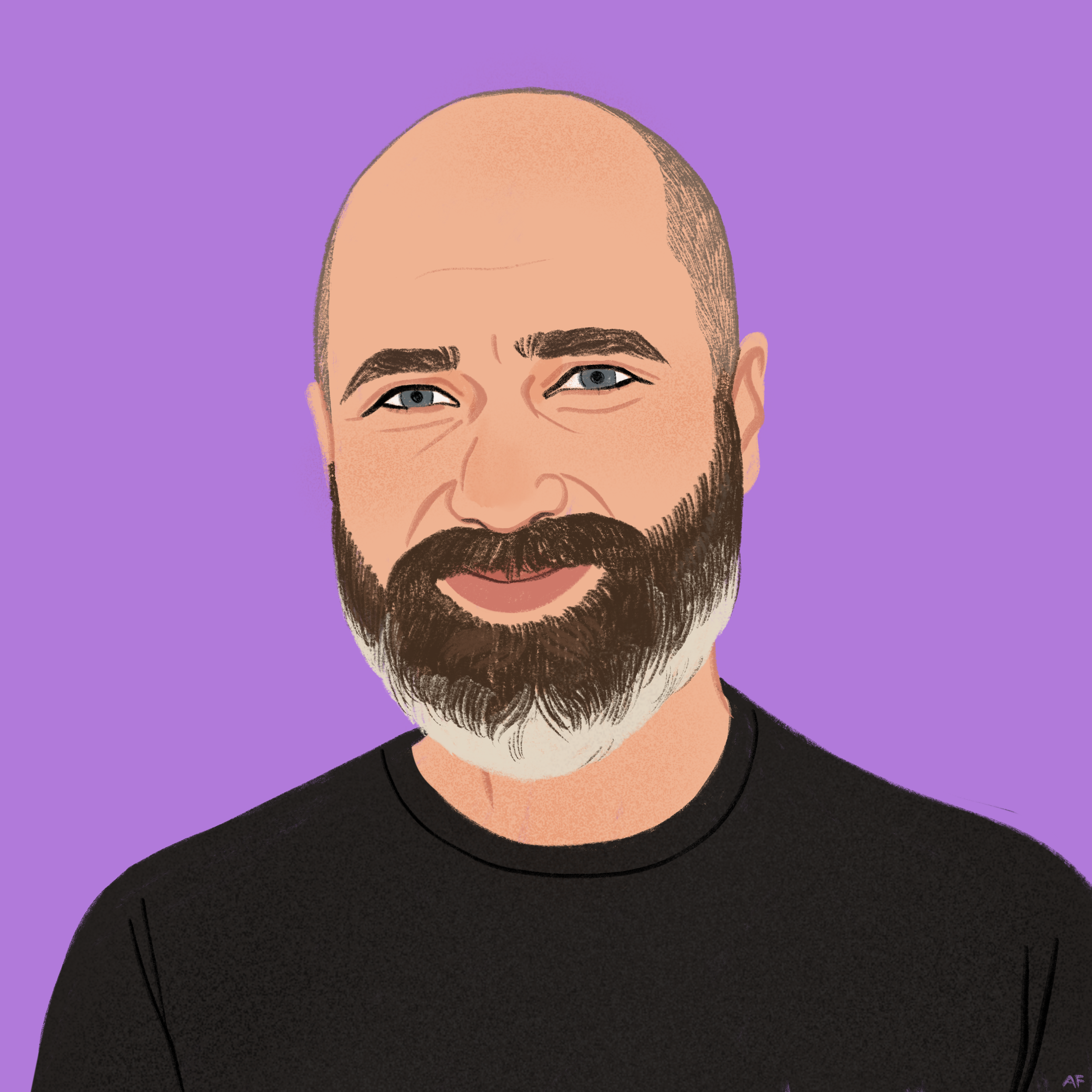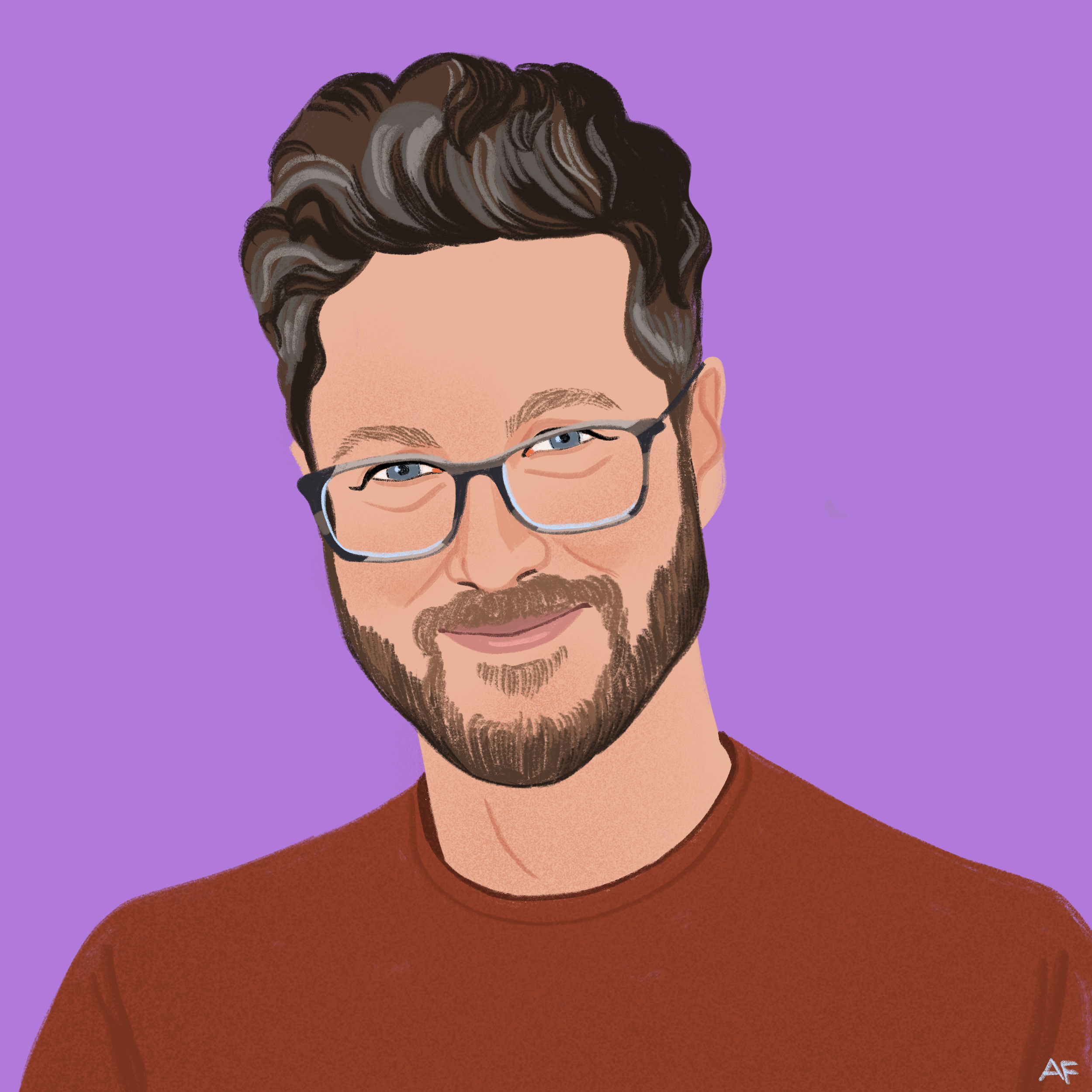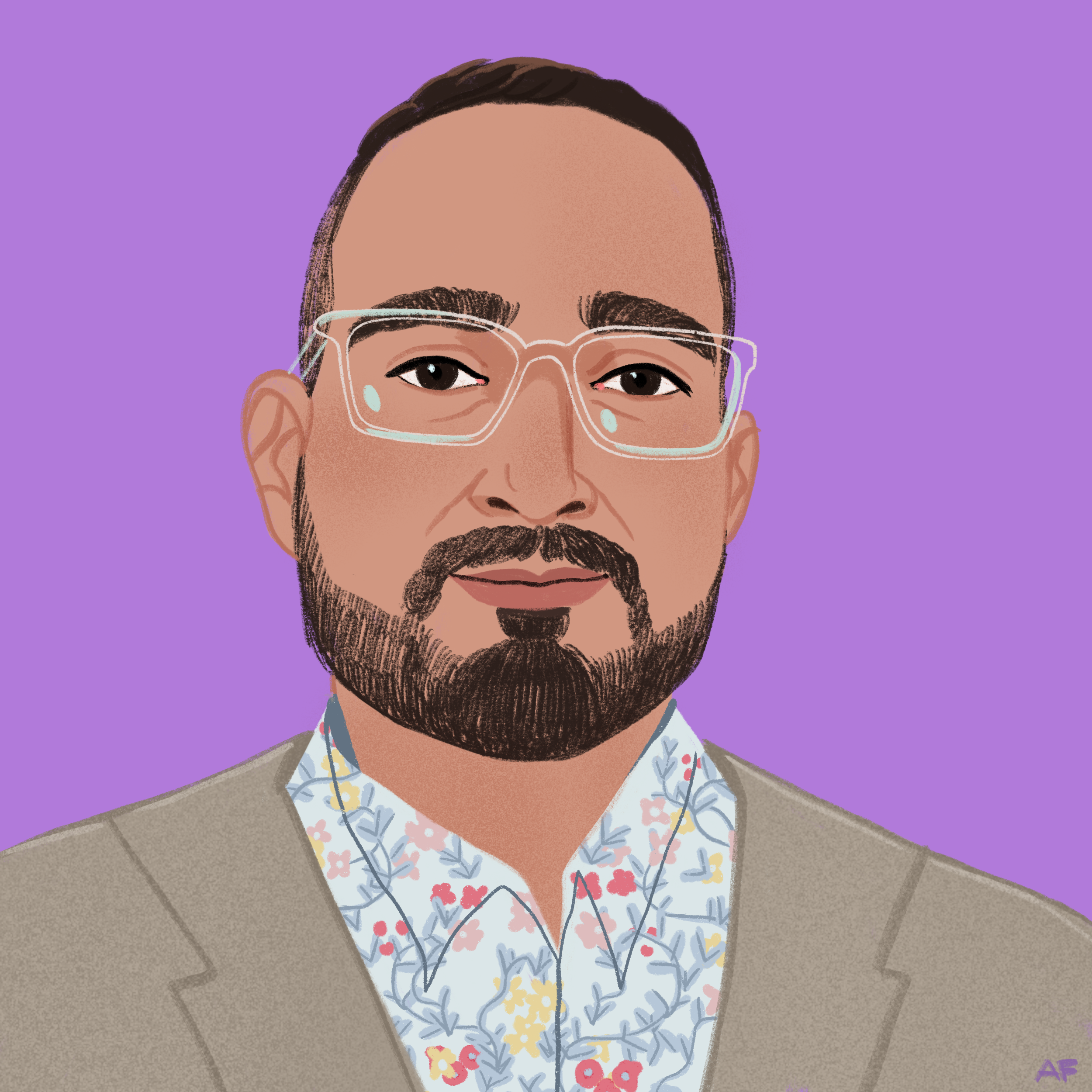Progress is a policy choice
The Institute for Progress (IFP) is a non-partisan think tank focused on innovation policy. Our organization works to accelerate and shape the direction of scientific, technological, and industrial progress. Headquartered in Washington D.C., IFP works with policymakers across the political spectrum to make it easier to build the future in the United States. You can read more about our vision and mission in our founding essay, written by co-founders Alec Stapp and Caleb Watney.
Below, you can meet the IFP team, learn more about our senior fellows, and see answers to frequently asked questions.
Team
Non-Resident Senior Fellows
Non-Resident Fellows
External Board Members
FAQs
We work primarily on five policy verticals:
Metascience — How can we change the incentives and institutions within science to produce more breakthrough research?
High-Skilled Immigration — How can we attract and retain superstar talent from around the world?
Biotechnology — How can we prevent future pandemics and accelerate progress in the life sciences?
Infrastructure — How can we make it easier to build things in the world of atoms?
Emerging Technology — How can we shape the frontier of technological development and deployment?
Across our policy verticals, there are also overlapping themes that inform our work, including the need to rebuild state capacity, think more proactively about the path dependencies in technology, develop better understandings of legal authorities that enable flexible executive action, and frameworks for more effective government procurement.
Within the landscape of innovation policy, we prioritize issues that are:
Important — if we achieved our goals for this issue, would it really matter?
Tractable — is there a window of opportunity for us to make progress on this issue right now?
Neglected — are a lot of other people already working on this issue?
This framework is useful both for selecting between high-level focus areas (e.g., high-skilled immigration vs. healthcare reform) and also within topic areas (e.g., pushing for comprehensive immigration reform in Congress vs. clarifying executive actions on underleveraged visa pathways).
We produce rigorous research, provide technical assistance to federal agencies, give educational briefings on Capitol Hill, and generally shape the larger public discourse about our issue areas. We are laser-focused on counterfactual policy impact and try not to count the stack of papers published as our metric of success.
Our work is made possible through the generous philanthropic support of foundations like the Alfred P. Sloan Foundation, Arnold Ventures, Open Philanthropy, and the Smith Richardson Foundation. We do not accept donations from corporations or foreign governments.
The vast majority of our support is unrestricted (i.e., not project-specific), which enables the IFP team to seize opportunities for counterfactual policy impact as soon as they arise. If you are interested in supporting IFP’s work, please reach out to Caleb or Alec!
D.C. think tank nomenclature is understandably confusing. Here is what we mean:
Policy Fellows — These are the (mostly full-time) members of the IFP team who contribute regular reports and policy analysis within their area of expertise, including engaging with policymakers in Washington, DC.
Non-Resident Senior Fellows — IFP is thrilled to support the work of senior experts in their respective fields, who have partnered with us on a variety of projects and provide ongoing advice and mentorship to our policy fellows.
Non-Resident Fellows — These junior fellows are typically students who contribute to IFP projects in their relevant area of interest.








































